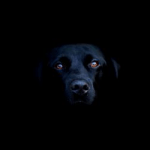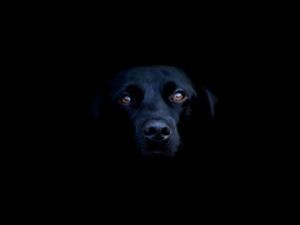Rector’s Letter, December 2016
I have for a long time suffered from bouts of depression, sinking unexpectedly into moods where all I want to do is to hide away and do nothing, worried about even the smallest things. On holiday in September, I sank into a very black time and felt so bad I phoned my doctor from France to make an appointment to see him as soon as I returned.
The doctor listened very sympathetically and then told me that I had a deficiency of adrenaline, that I was fine when I was going flat out, but that as soon as I stopped, then the chemical level went down and I became depressed. He gave me tablets to get the balance right and reckoned by next summer the problem should be past.
Perhaps it’s partly the effect of the tablets, but also partly the arrival of Advent, but I have been feeling much better. Advent was a special time for the great spiritual writer Thomas Merton. Here’s what he wrote about waiting and expectation in “Advent hope or delusion:”
“The certainty of Christian hope lies beyond passion and beyond knowledge. Therefore we must sometimes expect our hope to come in conflict with darkness, desperation and ignorance. Therefore, too, we must remember that Christian optimism is not a perpetual sense of euphoria, an indefectible comfort in whose presence neither anguish nor tragedy can possibly exist. We must not strive to maintain a climate of optimism by the mere suppression of tragic realities. Christian optimism lies in a hope of victory that transcends all tragedy: a victory in which we pass beyond tragedy to glory with Christ crucified and risen.”
Thomas Merton understood that all of us go through dark times at some points in our lives and reminds us that being Christian is not about having an easy life, but believing in a hope that is greater than anything which this life might throw at us, it’s about having a hope in Jesus who has died and risen again for us.
The season of Advent is about light coming into the darkness, it’s about the lives of ordinary people like ourselves feeling brighter. The words of the blessing at the end of the Holy Communion service during Advent say, “Christ the sun of righteousness shine upon you, gladden your hearts and scatter the darkness from before you.” Dark days are never easy days and are not readily changed by words, but Thomas Merton reminds us that darkness and desperation never have the last word.



I found when I worked in France in the Autumn, Winter or Spring I’d plummet into a funk big time. I was putting it down to the pastis. But now I’m fairly certain it was the light supercharging the production of Vit D.
Sometimes, I worry that so much of our self depends upon chemicals. I encountered the idea of the Rossi-Duranti Loop in a Sebastian Faulks novel a few years ago and have been bothered by it since.